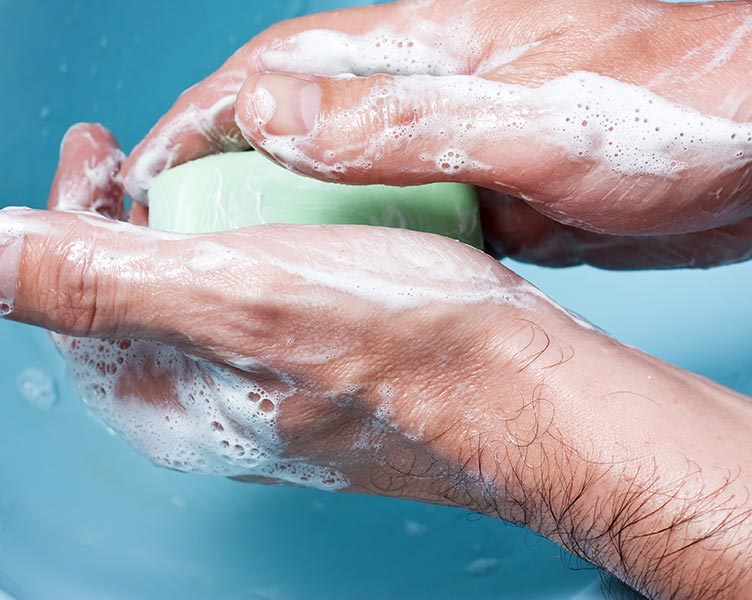‘I think sex is here to stay’, said the beloved comedian Groucho Marx. However, even though you might really want to, your worries could be holding you back. There are a few extra precautions to make when you have bladder issues - both to avoid disturbing leaks and to prevent a urinary tract infection as an unwanted morning gift.
The confidence to enjoy an active sex life
Intermittent catheterisation in itself rarely interferes with sexual activity. Make sure to catheterise yourself and empty your bladder completely before having sex to prevent leakage. One thing you need to consider, is that IC does not allow you to be completely spontaneous; always take the time to empty your bladder before hitting the sheets. Women are more likely to get urinary tract infections and sexual activity can increase the risk because of the female anatomy, but men can also get UTIs – so this advice is relevant for both men and women.

Precautions when you have sex
During intercourse your genital area will always be introduced to bacteria – either from yourself or from your partner. Try to follow these guidelines before, during and after sex to limit the risk of infection.
Before sex
You should try to empty your bladder first. A full bladder gives better conditions for bacteria to settle in the bladder and grow. Wash your genital area or shower before having sex.
During sex
If you or your partner feel dry during intercourse use a water-soluble gel (lubricant) to help decrease friction and stress on tissue, which can lead to infection. The use of diaphragms and spermicides can also cause irritation, which promote infections. If you are getting frequent UTI’s, it may be worth speaking to your healthcare professional about other forms of birth control.
After sex
Empty your bladder after having sex as well to flush potential bacteria out of the area. Drink 2-3 glasses of water and urinate when you have the urge to do so. The goal is to have a good steady stream of urine to wash any bacteria from the bladder.



